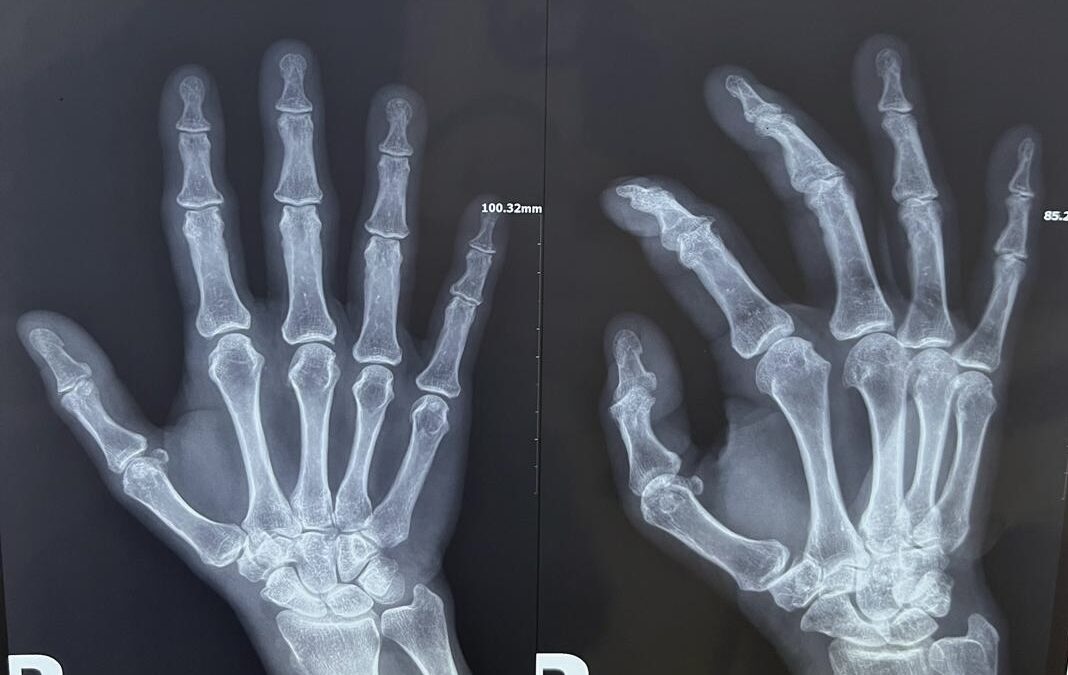This article, “Risk of Hepatitis B Virus Reactivation in Patients with Rheumatoid Arthritis Receiving JAK Inhibitor or IL-6 Inhibitor: A Systematic Review and Meta-Analysis” by Akhil Sood, Janice Lin, and Neha Shah from Stanford University, presents a study that looks at the risk of reactivating Hepatitis B in rheumatoid arthritis (RA) patients who are taking either JAK inhibitors or IL-6 inhibitors. These drugs are used to treat RA but they suppress the immune system, which can lead to the reactivation of Hepatitis B—a serious liver infection.
The authors reviewed a range of studies to see how often Hepatitis B reactivates in patients with RA who are using these medications. They found 16 relevant studies and analyzed the data from these studies, focusing on patients who either had a chronic Hepatitis B infection or had previously resolved the infection but still carried antibodies.
The key findings are:
• For RA patients who had previously resolved Hepatitis B, the risk of the virus reactivating was relatively low (0.76%).
• However, for those with a chronic infection, the risk was significantly higher (26%).
• When comparing the two types of drugs, JAK inhibitors generally had a lower rate of Hepatitis B reactivation than IL-6 inhibitors in both groups of patients.
The conclusion is that while the overall risk of Hepatitis B reactivation in RA patients on these drugs is low, it is still a serious concern, especially for those with a chronic infection. The study suggests that JAK inhibitors might be a safer option than IL-6 inhibitors in terms of Hepatitis B reactivation risk. More extensive studies are needed to provide more detailed guidance for doctors treating RA patients who also have Hepatitis B.

